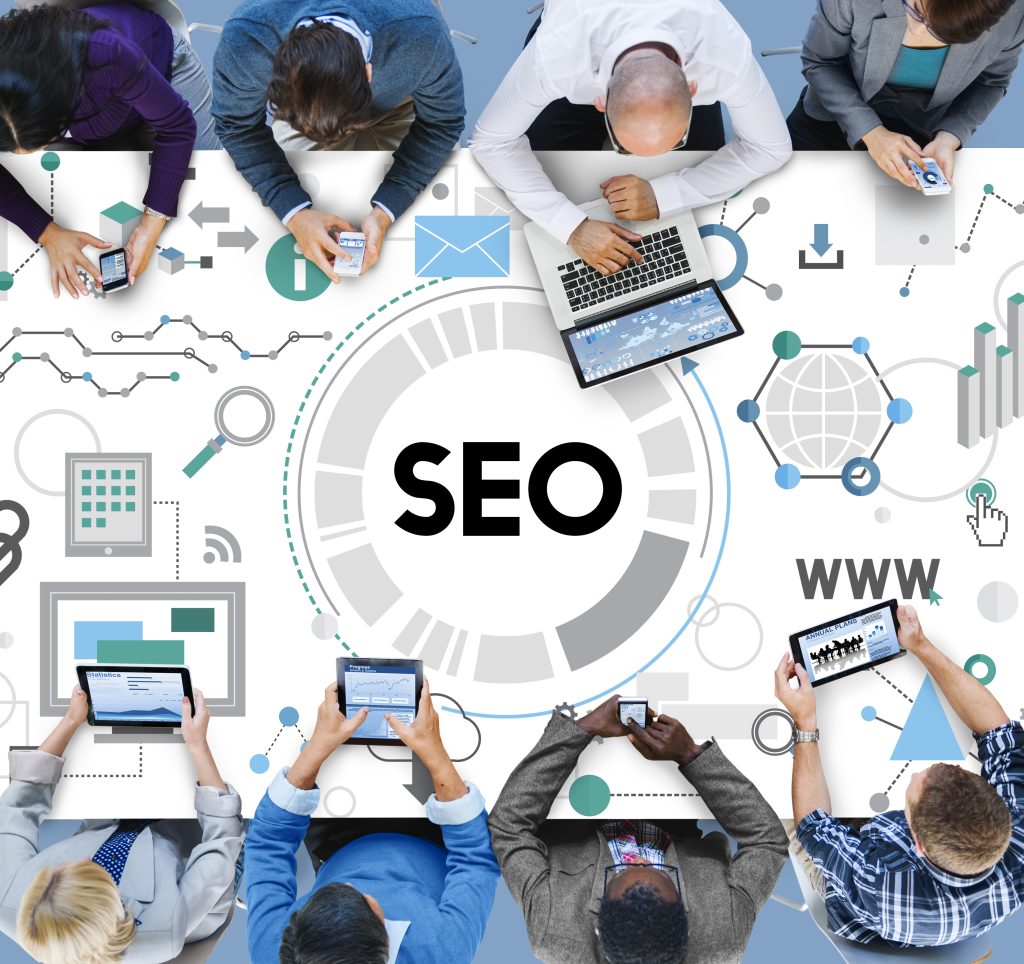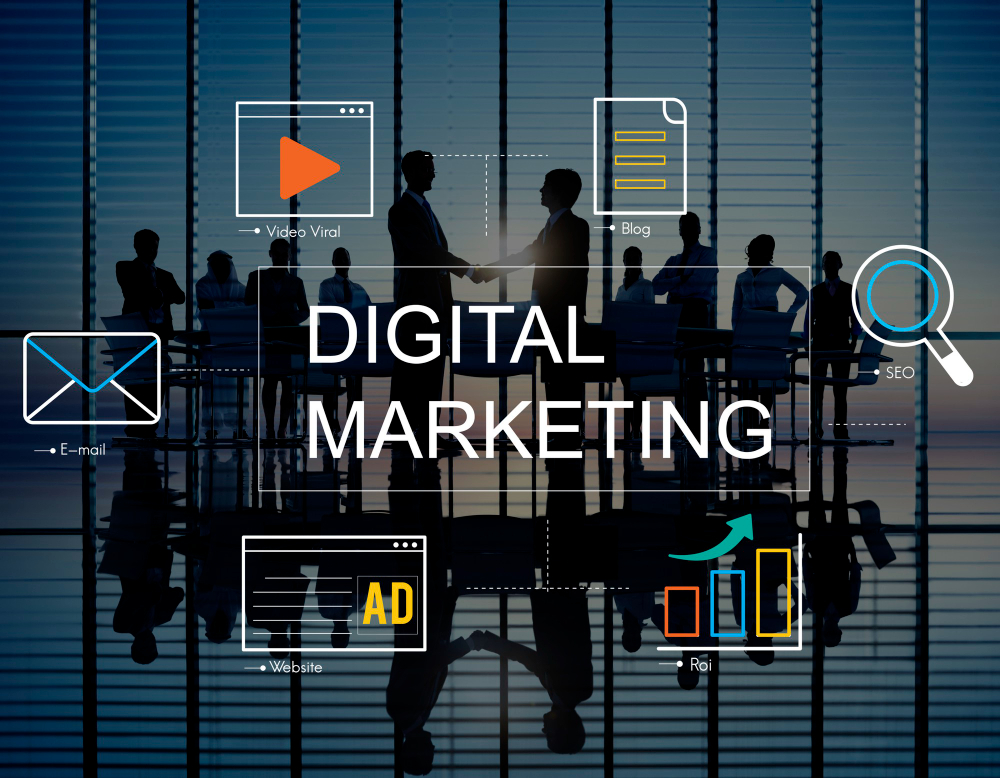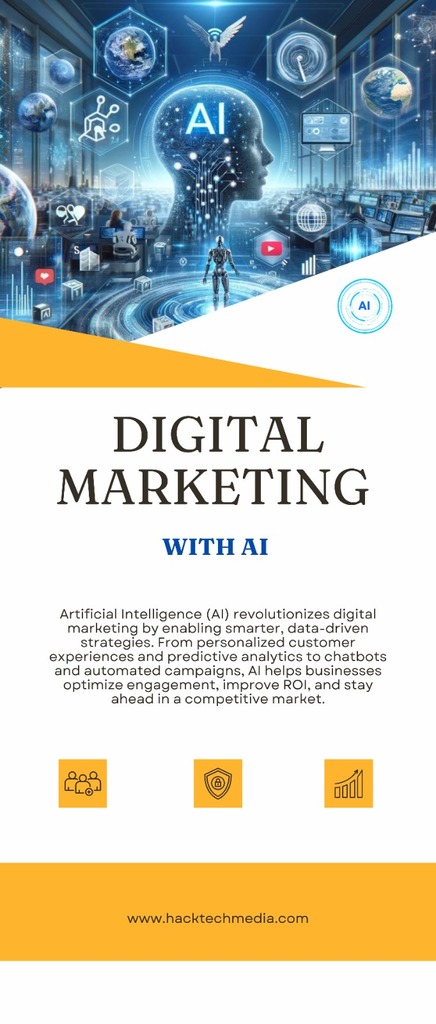
Artificial Intelligence (AI) has emerged as a revolutionary technology, significantly transforming various industries by streamlining operations, improving decision-making processes, and enhancing customer experiences. From healthcare to finance, manufacturing to marketing, and education to transportation, AI’s impact is undeniable. This blog will explore how AI is reshaping these sectors, offering innovative solutions that are both efficient and effective.
AI in Healthcare
The healthcare sector is one of the most prominent beneficiaries of AI, and its integration into this industry has led to significant advancements. AI in healthcare is driving improvements in diagnostics, treatment plans, and patient care, while reducing the workload on healthcare professionals.
Improved Diagnostics: AI-powered diagnostic tools have made early detection of diseases like cancer more accurate and efficient. Algorithms can analyse medical images such as X-rays, MRIs, and CT scans, identifying abnormalities that may be overlooked by human eyes. For instance, AI models can detect tumours in their earliest stages, giving patients a better chance of survival.
Personalised Treatment: AI systems can evaluate vast amounts of data, including genetic information, medical history, and lifestyle factors, to recommend personalised treatment plans. This approach allows for more precise and targeted treatments, minimising side effects and improving patient outcomes.
Robotics in Surgery: AI-assisted robotic surgeries are becoming more common. These robots are capable of performing delicate operations with greater precision than human hands, leading to fewer complications, reduced recovery times, and better patient results.
Virtual Health Assistants: AI chatbots and virtual assistants are improving patient engagement by providing medical advice, scheduling appointments, and monitoring chronic conditions. These tools reduce the strain on healthcare providers while offering timely support to patients.
AI in Finance
The financial sector is increasingly relying on AI to improve efficiency, enhance customer service, and reduce risks. AI in finance is transforming how banks and financial institutions operate, manage data, and serve their clients.
Fraud Detection: AI algorithms are used to monitor and analyse transactions in real-time, identifying patterns that may indicate fraudulent activity. Machine learning models can detect unusual behaviour in a customer’s account and flag it for further investigation, thus reducing the risk of financial fraud.
Personalised Financial Advice: AI-driven robo-advisors offer customised financial advice based on an individual’s financial goals, risk tolerance, and investment history. These automated platforms help users make informed decisions about their investments, retirement plans, and savings.
Algorithmic Trading: AI is used in algorithmic trading to analyse large datasets and predict stock market trends. This allows financial institutions to make quicker, data-driven decisions, often resulting in higher returns on investment and reduced risks.
Credit Scoring: Traditional credit scoring models often rely on limited data, but AI can assess a wider range of factors to provide a more accurate picture of a person’s creditworthiness. AI models can take into account non-traditional data, such as social media activity or payment history for utility bills, offering fairer credit assessments for those with limited credit history.
AI in Manufacturing
AI in manufacturing is driving automation, improving production efficiency, and enabling predictive maintenance. By leveraging AI technologies, manufacturers can optimise their processes and enhance their competitive edge.
Predictive Maintenance: AI-powered sensors and predictive algorithms can monitor machinery in real-time, predicting when a component is likely to fail. This allows manufacturers to perform maintenance before a breakdown occurs, reducing downtime and costly repairs.
Robotics and Automation: AI-driven robots are becoming an integral part of manufacturing, performing repetitive tasks with high precision and consistency. These robots can work alongside human operators, improving productivity while ensuring higher quality output.
Supply Chain Optimisation: AI is used to enhance supply chain management by predicting demand, managing inventory, and optimising logistics. AI models can forecast market trends and adjust production schedules accordingly, helping manufacturers meet customer demands more effectively.
Quality Control: AI systems are being used to detect defects in products during the manufacturing process. Computer vision technologies, powered by machine learning, can inspect items in real-time, ensuring that only high-quality products are delivered to customers.
AI in Customer Service
AI in customer service is revolutionising how companies interact with their customers, offering quicker responses, personalised experiences, and around-the-clock support. Through the use of AI-powered chatbots, voice assistants, and machine learning, businesses are enhancing their customer service capabilities.
Chatbots and Virtual Assistants: AI-driven chatbots are providing real-time assistance to customers by answering queries, resolving issues, and offering product recommendations. These tools help businesses maintain 24/7 customer service without the need for human intervention, significantly improving customer satisfaction.
Sentiment Analysis: AI tools can analyse customer feedback, reviews, and social media posts to gauge sentiment and identify areas for improvement. By understanding customer emotions, companies can better tailor their responses and enhance their overall service.
Personalised Customer Experiences: AI helps businesses offer personalised experiences by analysing customer data, such as browsing history, purchase patterns, and preferences. This allows companies to recommend products and services that are most relevant to each customer, improving customer retention and loyalty.
Automated Call Centres: AI is increasingly being used in call centres to handle routine customer inquiries. Through speech recognition and natural language processing, AI can resolve common issues, freeing up human agents to handle more complex tasks.
AI in Education
AI in education is transforming traditional learning environments, offering personalised learning experiences and improving access to education. AI technologies are helping both students and educators by automating administrative tasks and providing new tools for learning and assessment.
Personalised Learning: AI-powered platforms can create customised learning paths based on a student’s strengths, weaknesses, and learning pace. These adaptive learning systems ensure that students receive the right level of challenge, helping them achieve their full potential.
Virtual Tutors: AI-driven virtual tutors offer real-time assistance to students, providing explanations, answering questions, and offering feedback on assignments. These tools help students receive personalised support, even outside traditional classroom settings.
Administrative Automation: AI is reducing the administrative burden on educators by automating tasks such as grading, attendance tracking, and scheduling. This allows teachers to focus more on instruction and student engagement.
Data-Driven Insights: AI tools can analyse student performance data to identify patterns and predict future outcomes. Educators can use these insights to adjust their teaching strategies and provide targeted interventions for students who may be struggling.
AI in Marketing
AI in marketing is helping businesses create more targeted and effective campaigns, analyse consumer behaviour, and improve customer engagement. From personalised content recommendations to data-driven advertising strategies, AI is changing the landscape of marketing.
Targeted Advertising: AI algorithms analyse vast amounts of consumer data to deliver more targeted ads, ensuring that the right message reaches the right audience at the right time. This improves the effectiveness of marketing campaigns and increases return on investment.
Content Creation: AI-powered tools can generate content such as blog posts, social media updates, and product descriptions. These tools can analyse trends and consumer preferences, ensuring that the content is relevant and engaging.
Customer Segmentation: AI can group customers into segments based on their behaviour, preferences, and demographics. This allows marketers to tailor their strategies to different customer groups, improving the relevance of their campaigns.
Predictive Analytics: AI can analyse historical data to predict future consumer behaviour. By understanding trends and patterns, businesses can make more informed decisions about product launches, pricing strategies, and marketing initiatives.
AI in Transportation
AI in transportation is improving the efficiency and safety of travel, from autonomous vehicles to optimised traffic management. AI is playing a crucial role in enhancing logistics, reducing travel times, and improving the overall transportation experience.
Autonomous Vehicles: Self-driving cars, powered by AI, are set to revolutionise the transportation industry. These vehicles use AI to navigate roads, avoid obstacles, and ensure passenger safety, promising to reduce accidents and improve traffic flow.
Traffic Management: AI systems are being used to optimise traffic flow in cities by analysing real-time data from cameras, sensors, and GPS systems. This helps reduce congestion, lower fuel consumption, and improve travel times for commuters.
Fleet Management: AI-powered tools are helping transportation companies manage their fleets more efficiently. These tools can predict vehicle maintenance needs, optimise routes, and improve fuel efficiency, reducing operational costs.
Predictive Maintenance: Similar to its role in manufacturing, AI is being used in transportation to predict when vehicles will need maintenance. This reduces the risk of breakdowns and ensures that transportation systems remain reliable and efficient.
Conclusion
AI is transforming industries across the board, from healthcare to finance, manufacturing to marketing, and education to transportation. By automating processes, improving decision-making, and enhancing customer experiences, AI is enabling businesses and organisations to operate more efficiently and effectively. As AI continues to evolve, its impact on these industries will only grow, offering new opportunities and solutions for the challenges of the future. The adoption of AI is no longer a luxury; it is becoming a necessity for businesses seeking to thrive in an increasingly competitive and dynamic world.







